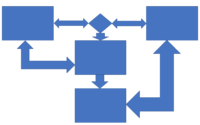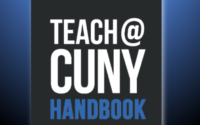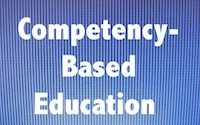
Adaptive Learning Unplugged: Why Instructors Matter More than Ever
Proponents of adaptive learning (AL) technology tout its great value as being its ability to create student-centered classrooms in their most individualized form, shy of limiting the student-to-teacher ratio to 5:1 or less. AL does this by customizing learning based on the knowledge each student brings to the course. While this personalization benefit is certainly […]














